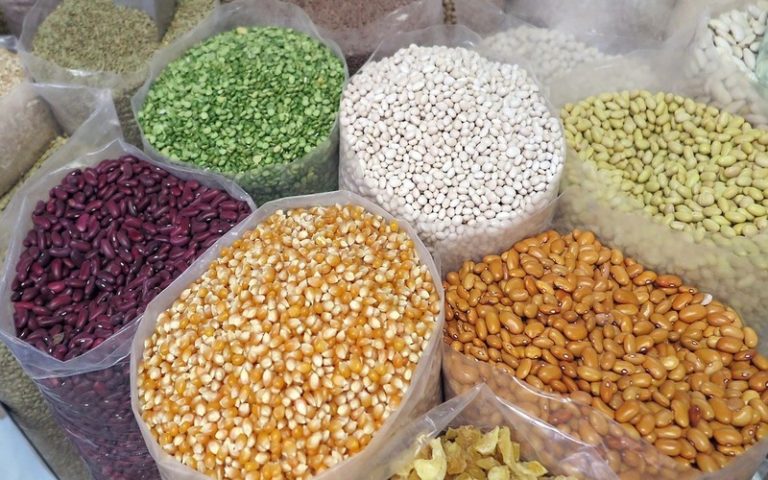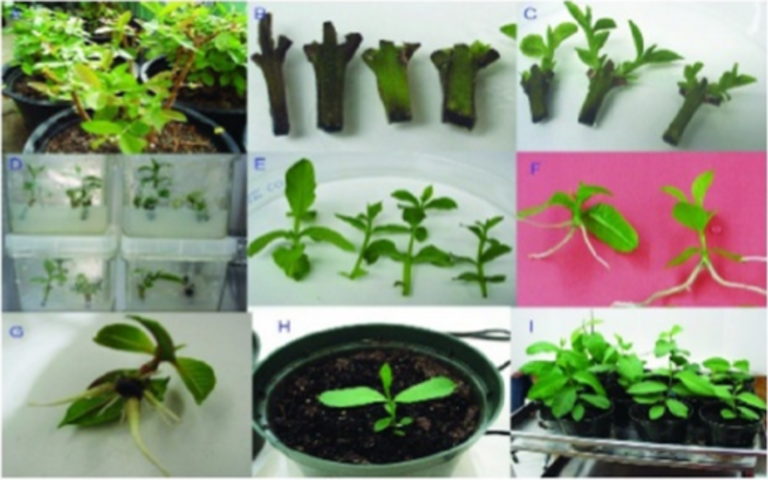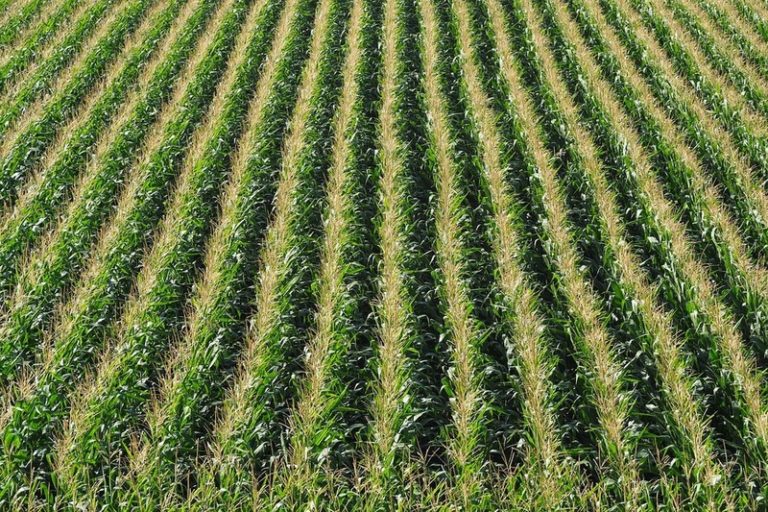Zero Input Agriculture: The Future of Sustainable Farming
Agriculture has been the backbone of human civilizations for thousands of years, providing food, fiber, and other essential products to support life. However, in recent decades, the challenges facing agriculture have grown, including climate change, land degradation, and water scarcity.
These challenges have prompted a search for more environmentally friendly and sustainable agricultural practices. One such practice is Zero Input Agriculture.
Zero Input Agriculture is a sustainable farming method that aims to minimize the use of inputs such as water, fertilizer, and pesticides while still producing high yields of crops. Instead, it relies on natural processes, such as the symbiotic relationship between plants and soil microorganisms, to achieve healthy and productive crops.
Zero Input Agriculture can be practiced on a small scale or on a large commercial scale, and has the potential to revolutionize the way we grow food and care for the planet.
Advantages of Zero Input Agriculture
There are several key advantages to Zero Input Agriculture:
Reduced Environmental Impact: By minimizing the use of inputs such as water, fertilizer, and pesticides, Zero Input Agriculture helps to reduce the environmental impact of agriculture. This is especially important in areas where overuse of inputs has led to soil degradation, water pollution, and other negative impacts.
Increased Soil Health: Zero Input Agriculture promotes healthy soil, which is essential for plant growth and crop production. By focusing on soil health, Zero Input Agriculture can improve the productivity and sustainability of agriculture, helping farmers produce crops that are both nutritious and abundant.
Increased biodiversity: Zero-Input Agriculture encourages growing a wide variety of crops, including cover crops and intercropping, which can help to increase biodiversity and improve the health of ecosystems.
Lower Costs: Zero Input Agriculture can help to lower the costs of agriculture, as farmers do not need to purchase inputs such as fertilizer and pesticides. This can increase the profitability of agriculture and make it more accessible to small-scale and local farmers.
Improved Food Security: By promoting farming methods that are sustainable and good for the environment, Zero Input Agriculture has the potential to improve food security and make sure that people have access to healthy, nutritious food for generations to come.
Implementing Zero Input Agriculture
Implementing Zero Input Agriculture can be a challenge, but with the right tools and techniques, it is possible to achieve success. Here are some steps that can be taken to implement Zero Input Agriculture:
Building Soil Health: Building healthy soil is essential to the success of Zero Input Agriculture. This can be achieved through the use of cover crops, composting, and other techniques that help to improve soil health and fertility.
Encouraging Biodiversity: Encouraging biodiversity through the use of intercropping, crop rotation, and other techniques can help improve the health of ecosystems and provide a more secure food supply.
Minimizing Water Usage: Minimizing water usage is a key aspect of Zero Input Agriculture. This can be achieved through the use of drought-tolerant crops, water-saving irrigation systems, and other water-saving techniques.
Promoting Natural Processes: Promoting natural processes, such as the symbiotic relationship between plants and soil microorganisms, is essential to the success of Zero Input Agriculture. This can be achieved through the use of techniques such as companion planting and crop rotation.
Providing Support and Resources: Providing support and resources, such as training and access to markets, can help farmers implement Zero Input Agriculture and achieve success.
Conclusion
Zero Input Agriculture is an innovative and sustainable farming method that has the potential to revolutionize the way we grow food and care for the planet. By minimizing the use of inputs, promoting biodiversity, and encouraging natural processes, Zero Input Agriculture can help improve soil health, reduce environmental impact, lower costs, and improve food security.
Also Read :-







